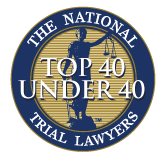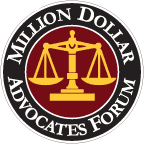Who’s Responsible If My Smoke Alarm Is Defective?
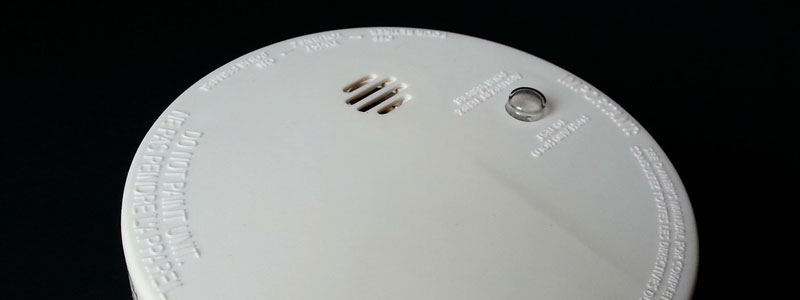
All facilities and homes are required to have functioning smoke alarms in the case of an emergency. Residential buildings (homes) are required to have smoke alarms installed in every sleep room in addition to alarms being outside each sleeping area on each level of the home. Smoke alarms are not something that you typically go around and look for when you are at a guest’s house or over for a dinner, but it may be something that you should.
Between the years 2009 to 2013, 47 percent of fires did not have alarms sound and 27 percent of those fires did not have an alarm even present. Of the fires in those four years, 38 percent that had no smoke alarm present resulted in a death. These statistics show the importance of maintaining fire safety to prevent injuries and to protect yourself from premise liability claims.
Common reasons for smoke alarms to not operate are because of missing or disconnected batteries, dead batteries, hardware failure or shut off, no maintenance, defective alarms, or improper installation or placement. These causes were reported by the National Fire Protection Association (NFPA) and it is important to note that the majority of those causes were because of human doing rather than manufacturing error. Therefore, if someone were to be injured at your home from a fire caused by improper care of the smoke alarm, there can be some trouble lying ahead for you.
Who Is Liable?
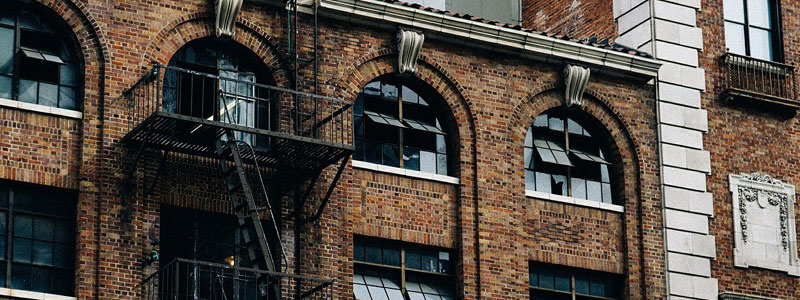
In the event of a fire causing an injury or death, three parties are most likely to be liable:
- Landlords and Owners: These can be people or companies that are responsible for checking smoke alarms and making sure they are working as they should be. Just because the alarms have been checked recently doesn’t mean they cannot still be held liable.
- Maintenance and Operating Companies: On a larger scale, rental properties or complexes contract their maintenance or inspections to outside companies. In this case, the company that oversees the maintenance or inspections could also be liable if a smoke alarm does not work.
- Manufacturers or Distributors of Smoke Alarms: There are cases where the smoke alarm itself was defective. Any company that sells a defective or damaged device could be held liable for any injury caused by equipment failure.
What You Need to Know about Smoke Alarms
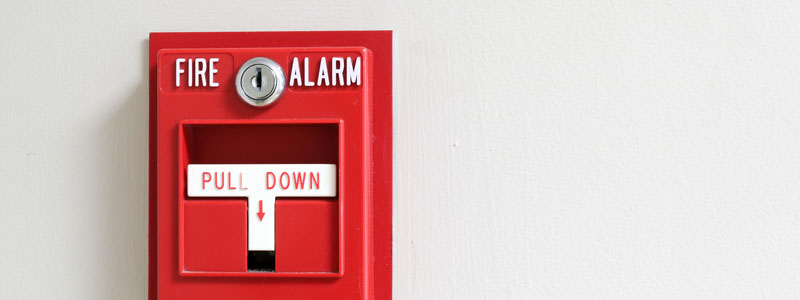
If properly installed and maintained, smoke alarms reduce fire deaths and injuries. As an owner of a store, house, property, or other premises, you are liable for the safety of your guests. In case of an emergency fire, smoke alarms give you time to get out to safety. To make sure you’ve protected your guests, follow these safety tips:
- Interconnect your smoke alarms so that when one sounds, they all sound.
- In large homes or properties, install extra smoke alarms.
- Consistently test your smoke alarms once a month. To do so, press the test button on the face of the device.
- Plan out the best escape route from your property to make sure you and anyone else can quickly get a safe distance away in case of fire.
- If the alarm sounds, take the warning seriously and get outside as quickly as possible.
- Every ten years or so, replace all smoke alarms.
Hire a Muncie Personal Injury Attorney
Preparing for a fire is one of those things that shouldn’t be taken lightly since fires can start or spread with very little warning. If you happen to find yourself injured from a fire, you may have a personal injury case if the alarms didn’t go off as they should have. That is why it is important to reach out to premises liability attorneys like the ones at Hensley Legal Group to consider your options. Call or contact us online today for a free conversation about your case.
